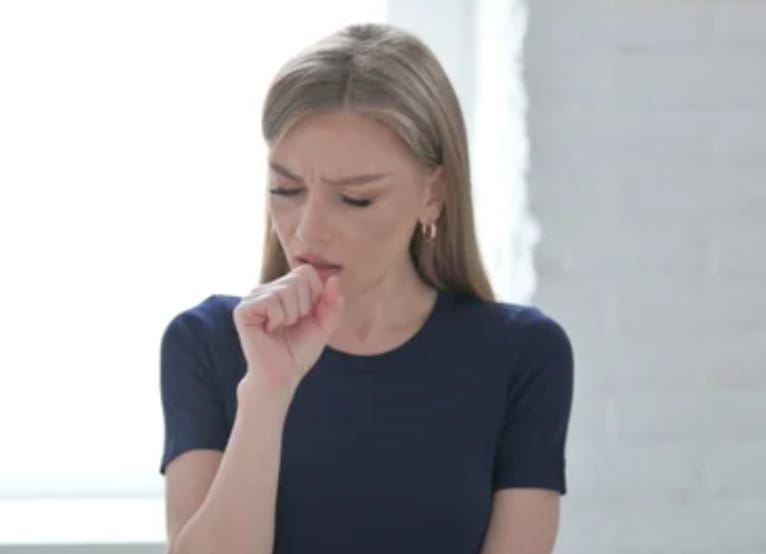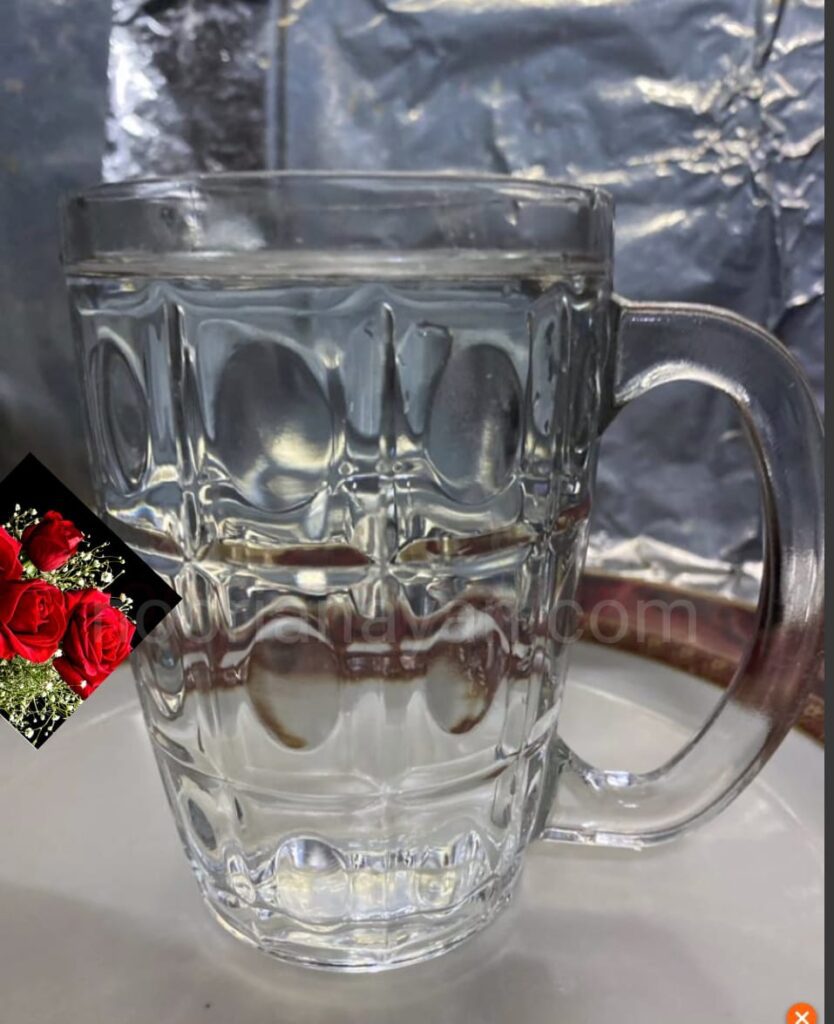Hiccups are a common and usually harmless condition that almost everyone experiences from time to time. Although they can be annoying, hiccups are rarely a sign of a serious medical problem. They occur suddenly, often without warning, and may last only a few minutes. However, in some cases, they can persist for hours or even days, causing discomfort and frustration. Understanding what causes hiccups and how to stop them can help you manage them quickly and effectively.

What Are Hiccups?
A hiccup is an involuntary contraction (spasm) of the diaphragm — the muscle that plays a key role in breathing. The diaphragm sits between your chest and abdomen and moves rhythmically to help you inhale and exhale.
When the diaphragm suddenly contracts, you inhale quickly, and your vocal cords close almost immediately afterward. This quick closure of the vocal cords produces the characteristic “hic” sound that we recognize as a hiccup.
Hiccups usually come in repetitive bursts — one after another — and can happen several times a minute. Most hiccups stop on their own within a few minutes, but sometimes they can last much longer.
Causes of Hiccups
Hiccups can be triggered by a variety of reasons, ranging from simple everyday activities to underlying medical conditions. Common causes include:
Eating or drinking too quickly: Swallowing air while eating or drinking carbonated beverages can irritate the diaphragm.
Overeating: A full stomach can press against the diaphragm, triggering hiccups.
Sudden temperature changes: Drinking a very hot beverage followed by a cold one may irritate the diaphragm.
Emotional stress or excitement: Sudden emotions can stimulate the nerves controlling the diaphragm.
Carbonated drinks: Fizzy beverages release carbon dioxide gas, which can cause hiccups.
Spicy foods: These can irritate the nerves near the esophagus that are linked to the diaphragm.
Alcohol consumption: Drinking alcohol can cause gas buildup and affect nerve function, leading to hiccups.
In rare cases, persistent hiccups (lasting more than 48 hours) may indicate an underlying health condition such as:
Gastroesophageal reflux (GERD)
Nerve damage or irritation (phrenic or vagus nerves)
Central nervous system disorders (stroke, brain injury, meningitis)
Metabolic problems (diabetes, kidney failure)
Certain medications (like steroids or chemotherapy drugs)
Do You Know: The Most Beneficial for Heart and Complete Health: The Cardamom
How to Stop Hiccups: Common Remedies
Most hiccups go away on their own, but if you want to stop them quickly, there are several simple remedies that can help calm your diaphragm and reset your breathing pattern.
- Hold Your Breath
Take a deep breath and hold it for 10 to 20 seconds before exhaling slowly. This increases carbon dioxide levels in your blood, which can help relax the diaphragm and stop the spasms.
- Drink Water Slowly

Sip cold water slowly or take small gulps continuously. Swallowing helps stimulate the vagus nerve and may interrupt the hiccup cycle.
- Gargle with Cold Water
Gargling with cold water can help stimulate the throat muscles and the nerves responsible for hiccups, bringing relief.
- Breathe into a Paper Bag
Breathe slowly and deeply into a small paper bag. This technique increases carbon dioxide levels in your blood, which may relax the diaphragm. (Avoid plastic bags and stop if you feel dizzy.)
- Swallow a Teaspoon of Sugar or Honey
The grainy texture of sugar or the stickiness of honey can stimulate the vagus nerve, which may stop the hiccup reflex.
- Pull on Your Tongue
Gently pulling your tongue can stimulate the throat’s nerves and muscles, helping the diaphragm return to normal movement.
- Apply Gentle Pressure to the Diaphragm
Leaning forward or pulling your knees to your chest may put pressure on the diaphragm and help relieve hiccups.
- Try the “Paper Towel Trick” Put a paper towel on top of a glass of water and then drink the water through the towel. The extra effort required to suck water through the towel can help reset your breathing pattern.
Prevention Tips
While you cannot always prevent hiccups, adopting certain habits can reduce their frequency:
Eat slowly and chew food thoroughly.
Avoid overeating and drinking carbonated beverages.
Limit spicy and very hot or cold foods.
Manage stress through relaxation or breathing exercises.
Avoid sudden temperature changes in food or drinks.
Conclusion
Hiccups are a natural, harmless reflex that can strike at any time. They are usually short-lived and resolve on their own, but when they linger, they can become bothersome. Simple remedies like holding your breath, drinking water, or stimulating the vagus nerve can often bring quick relief. However, if hiccups persist for more than two days or are accompanied by other symptoms, it’s important to consult a doctor to rule out any underlying health issues.
Understanding how hiccups work and knowing effective remedies can help you stop them quickly and restore comfort — letting your body and diaphragm return to their normal rhythm.